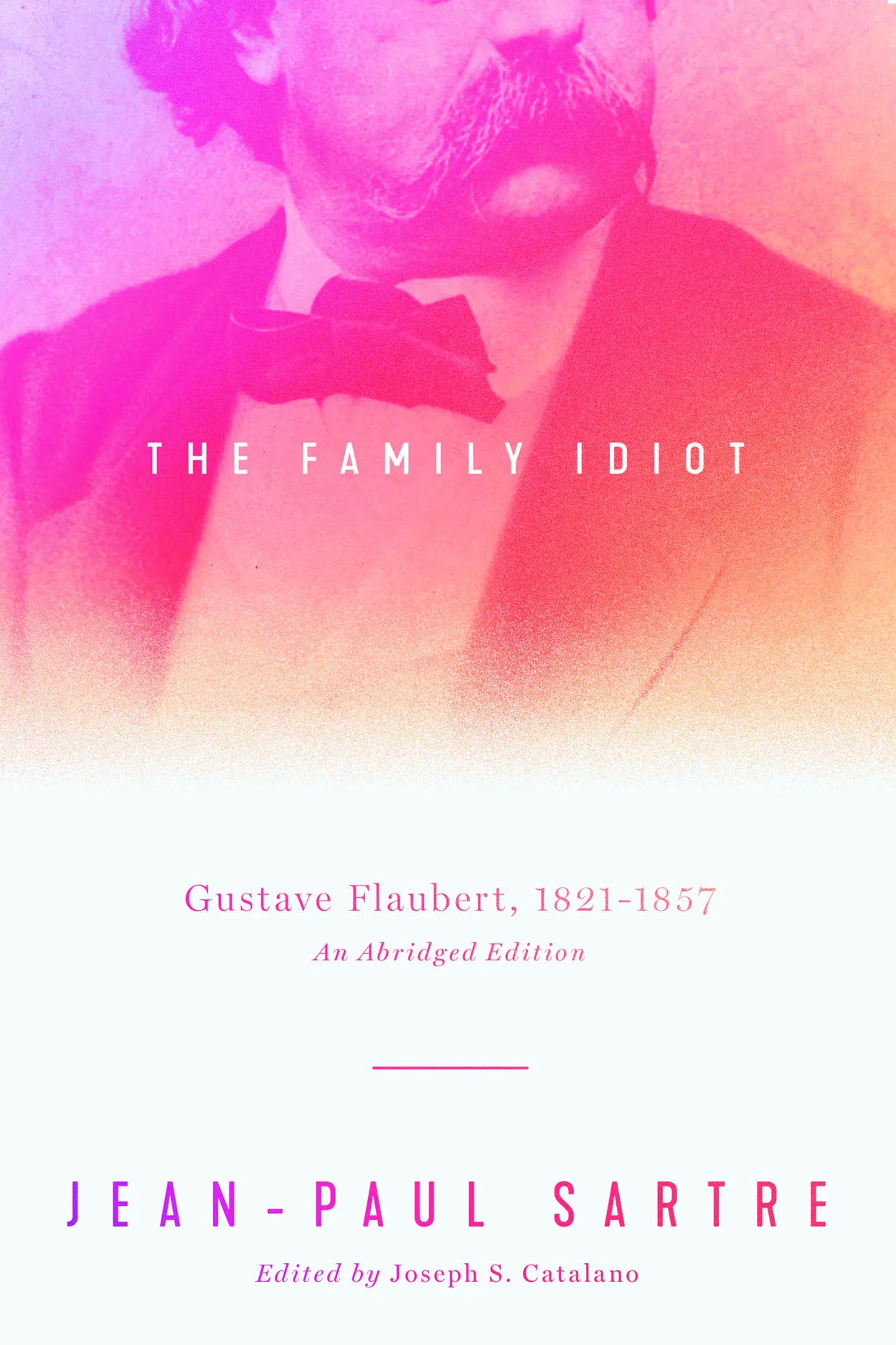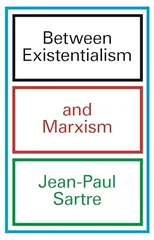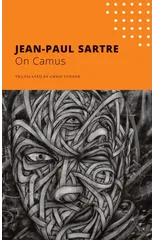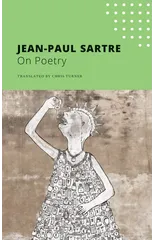The Family Idiot
Gustave Flaubert, 1821–1857, An Abridged Edition
(Author) Jean-Paul SartreAn approachable abridgment of Sartre’s important analysis of Flaubert. From 1981 to 1994, the University of Chicago Press published a five-volume translation of Jean-Paul Sartre’s The Family Idiot: Gustave Flaubert, 1821-1857, a sprawling masterwork by one of the greatest intellects of the twentieth century. This new volume delivers a compact abridgment of the original by renowned Sartre scholar, Joseph Catalano. Sartre claimed that his existential approach to psychoanalysis required a new Freud, and in his study of Gustave Flaubert, Sartre becomes that Freud. The work summarizes Sartre’s overarching aim to reveal that human life is a meaningful adventure of freedom. In discussing Flaubert’s work, particularly his classic novel Madame Bovary, Sartre unleashes a fierce critique of modernity as nihilistic and demeaning of human dignity.
Jean-Paul Sartre
Jean-Paul Sartre (1905-1980) was a French philosopher, novelist, and playwright known for his existentialist philosophy. His most notable works include "Being and Nothingness" and "No Exit". Sartre's literary style is characterized by complex language, deep exploration of human consciousness, and questions of freedom and responsibility. He is credited with popularizing existentialism and has had a significant impact on the literary genre. His most famous work, "Being and Nothingness", explores the concept of existence and the individual's struggle to define themselves in an indifferent world. Sartre's contributions to literature have made him a towering figure in 20th-century philosophy and literature.






